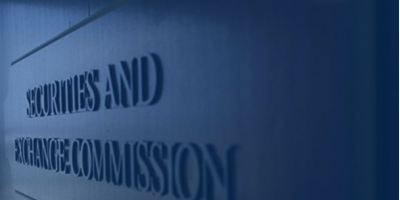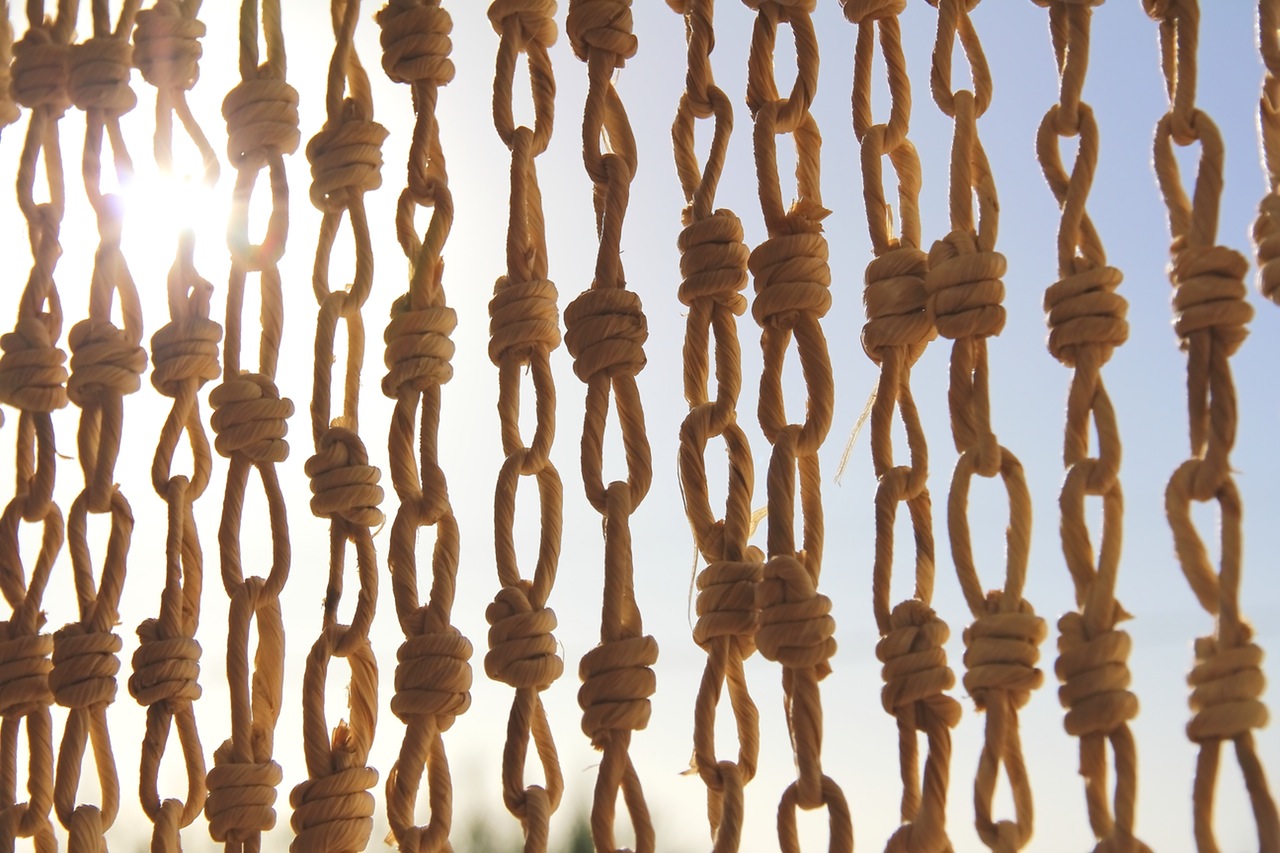Strengthening Intellectual Property Rights And Protection In Nigeria
Posted on Fri 16 Sep 2016
- Download Resource
Recent data from the NCC shows that the situation hasn’t improved and is causing severe economic hemorrhage. The NCC has further stated that, not only is piracy threatening the survival of the local industries, which are discouraged from making the needed investments in the economy but also a disincentive to foreign direct investment (“FDI”) and its associated technical know-how and technology transfer.
The effect of piracy on the entertainment industry in Nigeria further highlights the terrible cost Nigeria has had to pay for its weak IPR protection and enforcement framework. According to the National Bureau of Statistics (“NBS”), Nollywood – Nigeria’s film industry – currently accounts for 1.42% of Nigeria’s GDP (N853.9 billion or $7.2 billion); up from 1.4% as at 2014 when the country last rebased its GDP figures. Nollywood is said to be the country’s second largest job-creating sector after agriculture, providing employment to over 1 million directly and indirectlty, mostly youths. In a report by the Nigerian Export-Import Bank, Nollywood is said to generate about $590 million annually and considered a vital non-oil area that is crucial to Nigeria’s economic diversification. However, a World Bank report estimates that “for every legitimate copy (of a Nigerian film) sold, nine others are pirated”. As at 2014, an estimated figure of N82 billion was reported to have been lost by Nollywood alone to piracy.
In 2005, while launching the Strategic Action Against Piracy (“STRAP”) initiative, the then President, Chief Olusegun Obasanjo, captured effectively the socio-economic effects of piracy thus:
“The damaging effects of piracy are visible all around us; the waning zeal for creativity; the dearth of well researched textbooks and reading materials in the education sector; the diminishing of the artistic and literal quality of our stage performance and the increasing colourless and uninspiring products in the visual arts. Expectedly, investors are wary and the younger generation is not encouraged to pursue careers in the arts and entertainment industry. We are all confronted by an attack on our culture and future as a people. We are faced with the reality of a declining economic resource and a source of pride as a nation”.
SALVAGING THE SITUATION
Enhancing IPR protection and enforcement in Nigeria will have to begin, essentially, with the development of an IP policy that recognizes the importance of a robust and virile IPR legal framework to National developmental aspiration, particularly as regards science and technology and trade and industry. This step will then have to be followed by an inclusive reform, involving the identification of the critical problems bedeviling the administration of this creative sector of the economy as well as and the development of regulatory frameworks governing the sector which seek to address the identified critical problems as well as use IP as a vehicle of technical and industrial development and avenue for wealth and job creation.
More Insight
 Fri 21 Mar 2025
Fri 21 Mar 2025IP PROTECTION FRAMEWORK IN NIGERIA - TRADEMARKS
 Wed 18 Dec 2024
Wed 18 Dec 2024SEC’s Draft Rules Facilitate Pension Funds’ Investment In ...





